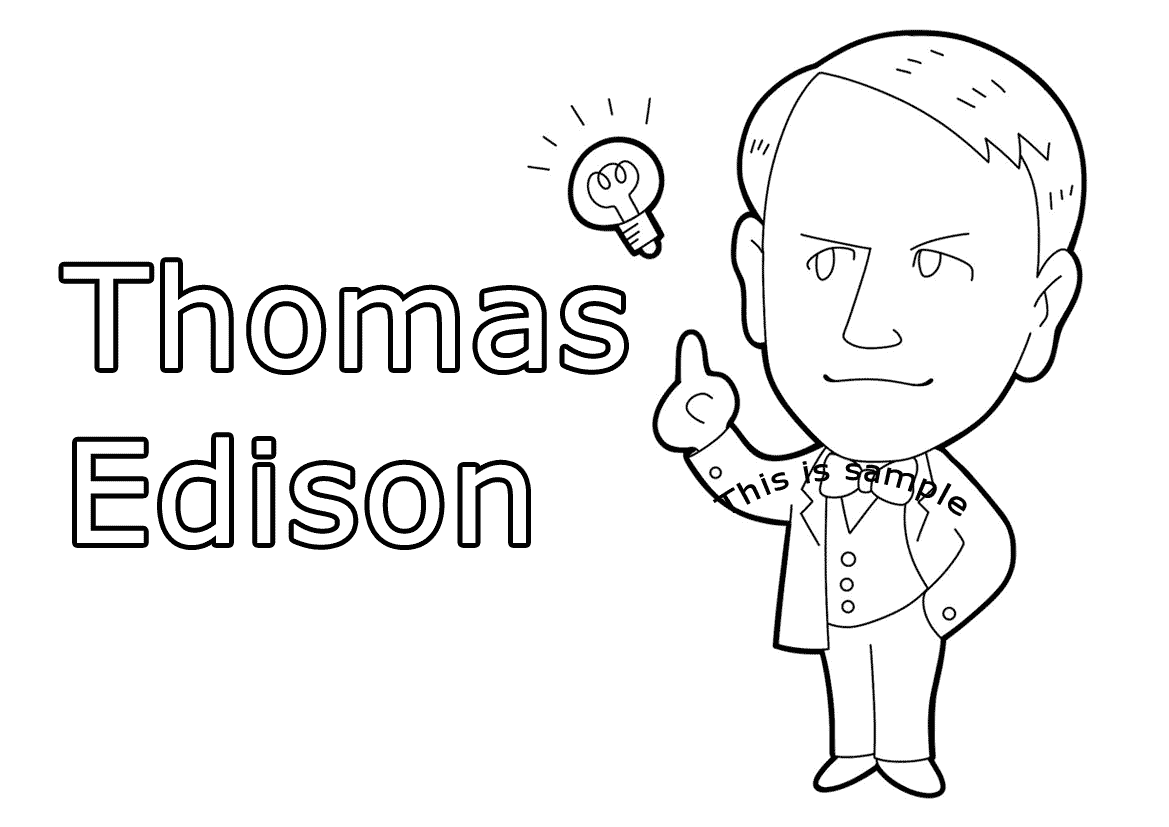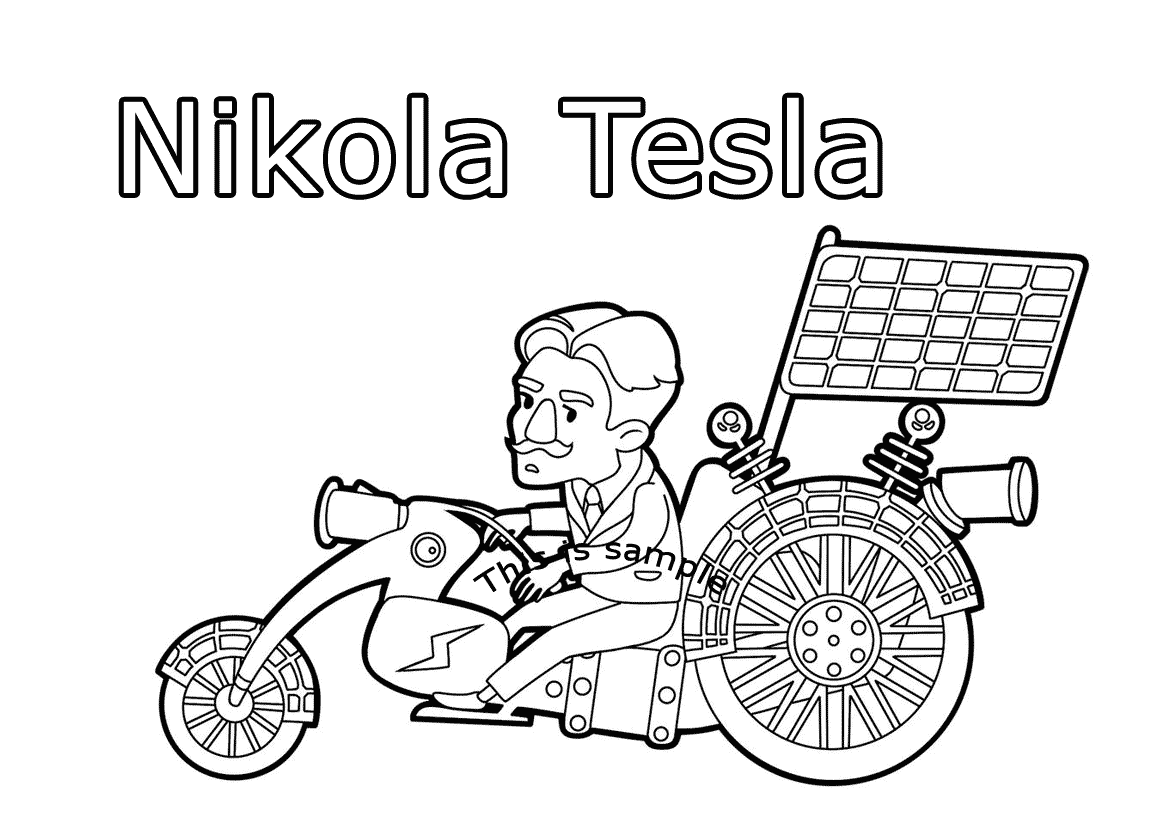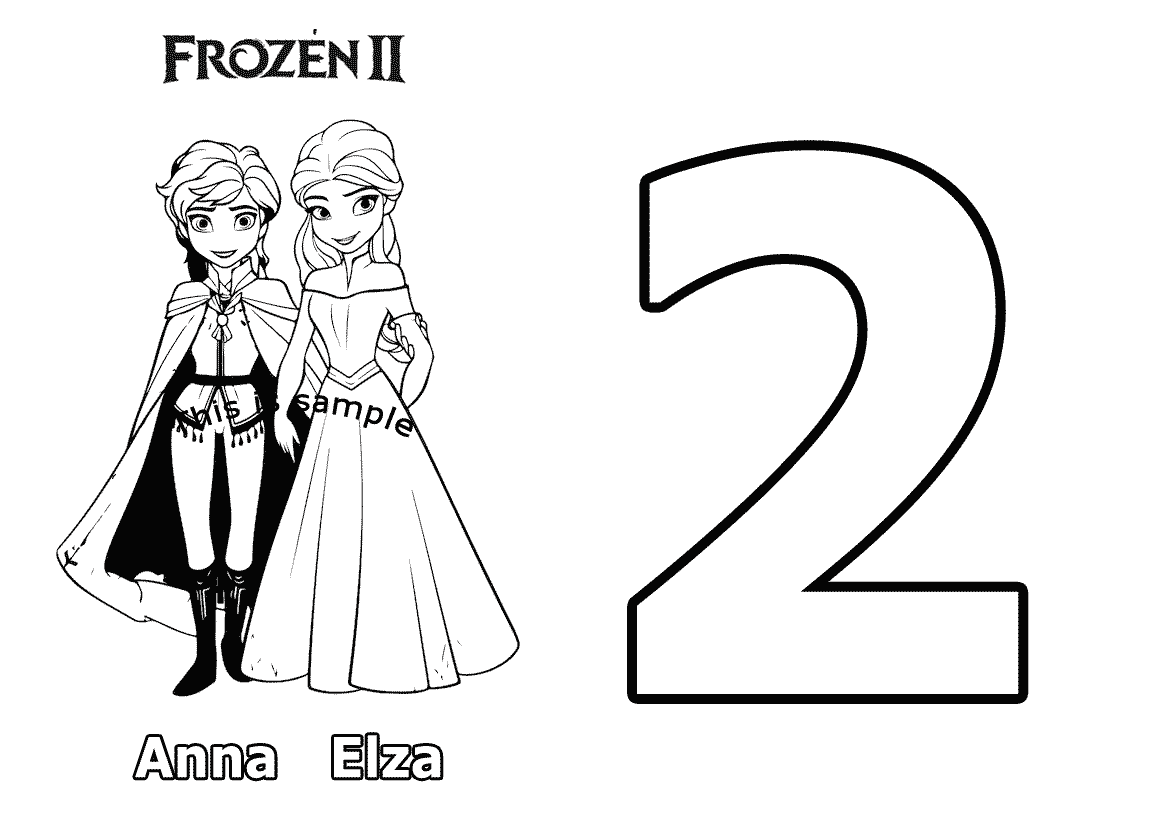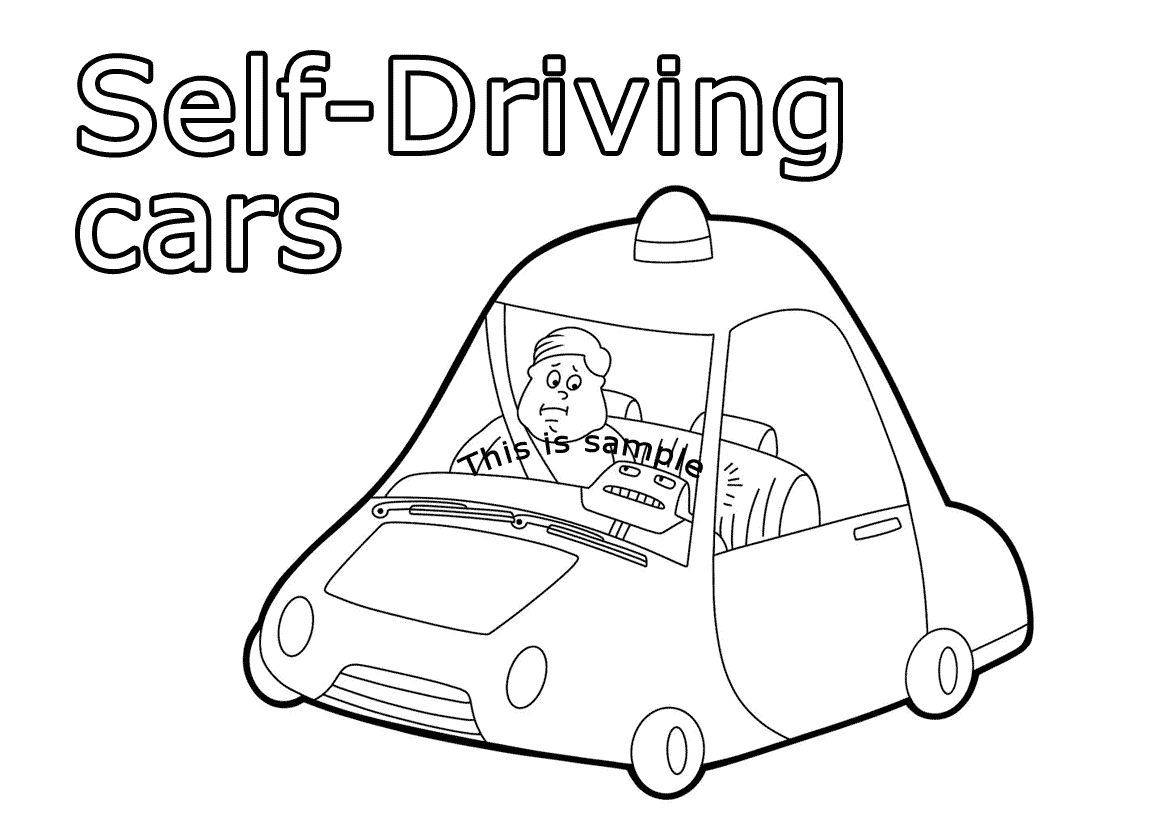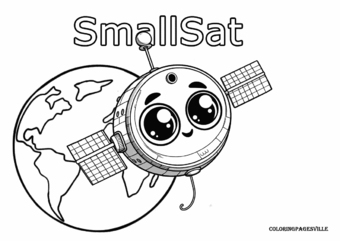Albert Einstein was a renowned German physicist. He was born in 1879 and when was little, he struggled with speech for a long time. His parents even worried that something was wrong with him. He performed poorly in school and had disciplinary problems. His teachers considered him a "dreamer." He also failed his first attempt at the Polytechnic University, though he passed the math exam, but failed with botany and French. However, he eventually entered and graduated from the university, continued his scientific work and developed his landmark Theory of Relativity, as well as the formula E = mc², which is one of the most important discoveries in physics.
Einstein himself later said: "Why did I create the theory of relativity?" When I ask myself this question, it seems to me that the reason is this: a normal person doesn't even think about the problem of space and time. He believes he already thought about this problem as a child. I developed intellectually so slowly that space and time occupied my thoughts when I was already an adult. Naturally, I could delve deeper into the problem than a child with normal inclinations.
Einstein himself later said: "Why did I create the theory of relativity?" When I ask myself this question, it seems to me that the reason is this: a normal person doesn't even think about the problem of space and time. He believes he already thought about this problem as a child. I developed intellectually so slowly that space and time occupied my thoughts when I was already an adult. Naturally, I could delve deeper into the problem than a child with normal inclinations.
Add comment


